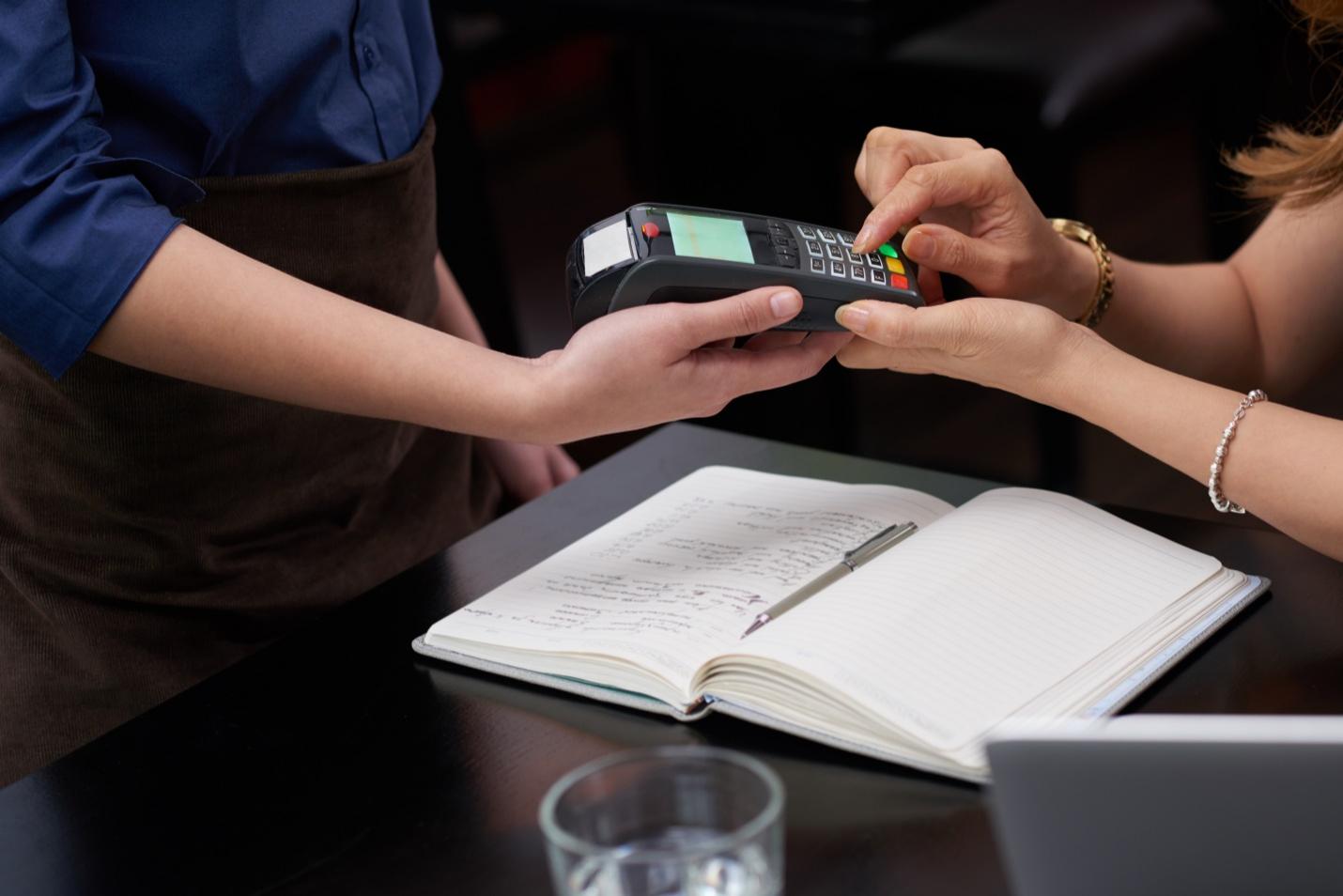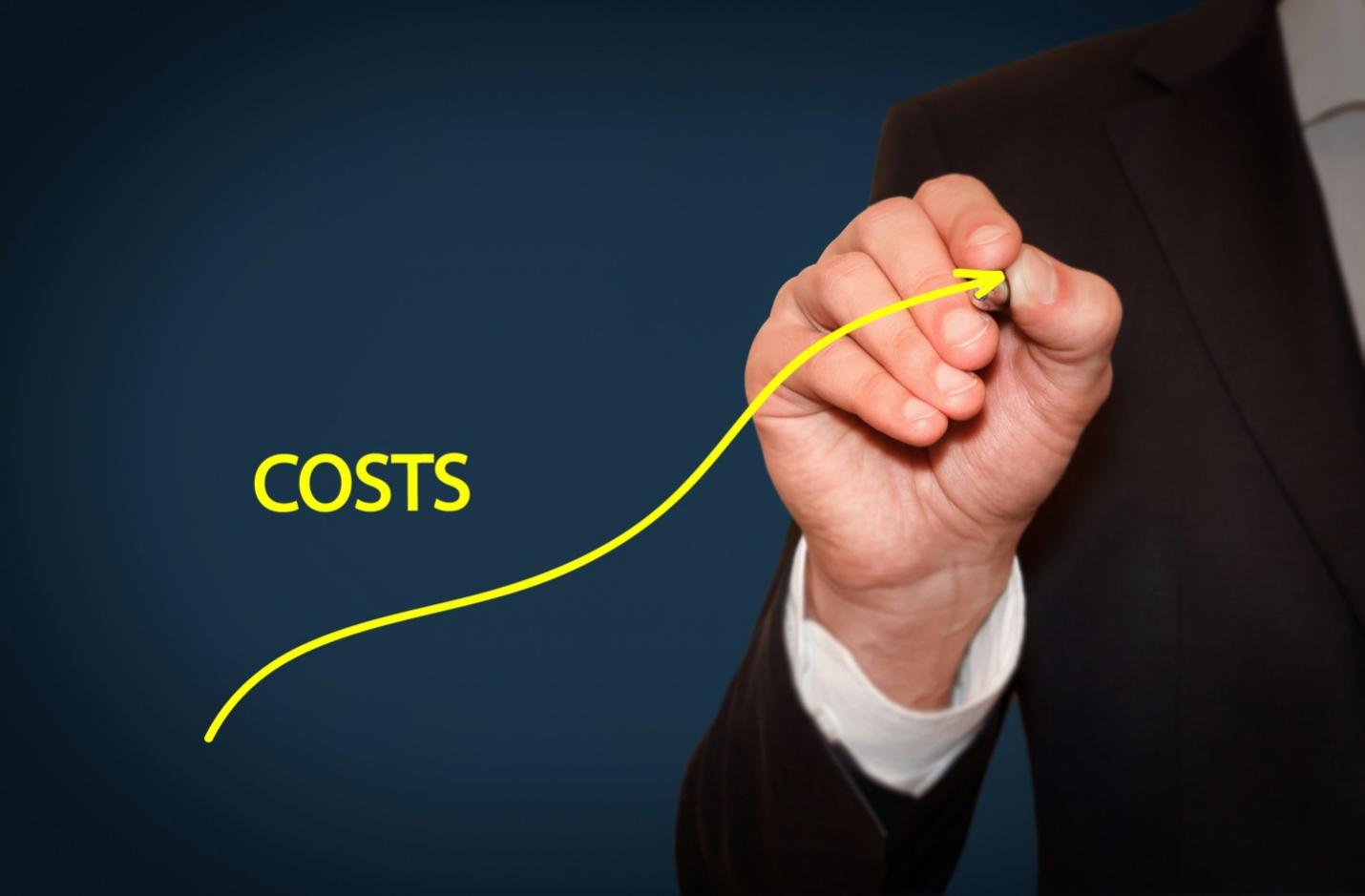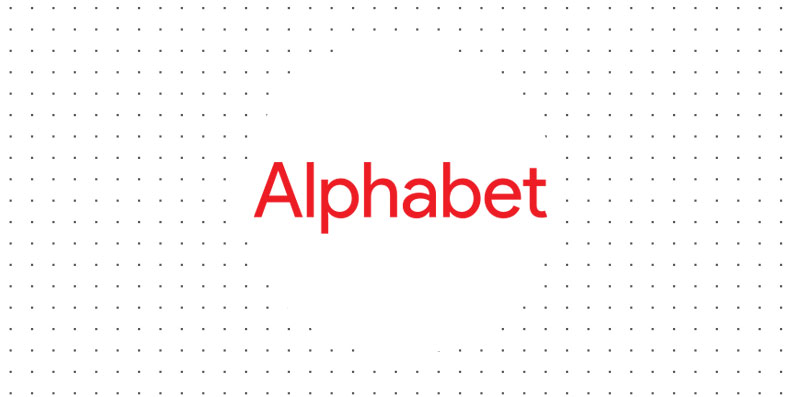
In the not-so-distant past, the act of writing checks was deeply woven into the fabric of managing personal finances, a ritual ingrained in financial routines. Yet, in today's dynamically evolving digital landscape, this once-universal practice has markedly dwindled. This transformative shift can be ascribed to a myriad of factors that shed light on the dynamic changes in personal finance dynamics.
Let's embark on an exploration of the seven compelling reasons why the traditional art of writing checks is gradually fading into obscurity, making way for the swift and efficient alternatives brought forth by the digital age.
7 Reasons Nobody Writes Checks Anymore
Here are the reasons why nobody writes checks anymore.
Speed and Convenience
The antiquated practice of patiently awaiting a check to clear or laboriously jotting down transaction details by hand has transformed into a relic of bygone eras. The ascent of digital transactions introduces an unmatched era of speed and convenience.
Through the mere touch of a smartphone or a few clicks on a computer, individuals can expeditiously transfer funds, clear bills, and execute purchases seamlessly. This immediacy serves as a pivotal impetus for forsaking traditional checks, as the swift and hassle-free nature of digital transactions aligns with the contemporary pace of life, rendering the once-normative act of check writing obsolete.
Security Concerns

Participating in the practice of writing checks entails sharing sensitive data like bank account numbers and signatures. In a digital age rampant with cyber threats, individuals understandably possess valid apprehensions regarding the security vulnerabilities linked to traditional checks.
In stark contrast, digital transactions frequently incorporate robust security measures, encompassing encryption and two-factor authentication. This not only bolsters the overall security framework but also affords users an elevated sense of safety and protection against potential cyber risks.
The advanced safeguards inherent in digital transactions contribute significantly to fostering trust among users, reinforcing the notion that embracing modern financial technologies can indeed mitigate security concerns effectively.
Environmental Impact
As society becomes increasingly environmentally conscious, there is a perceptible shift towards embracing environmental stewardship. The environmental impact of traditional paper checks is substantial, as the production and processing of these checks contribute significantly to deforestation and energy consumption.
In stark contrast, the advent of digital transactions plays a pivotal role in alleviating the demand for paper. This aligns seamlessly with the global push for eco-friendly practices, as digital transactions substantially reduce the reliance on paper resources.
The ecological benefits of transitioning from traditional checks to digital alternatives highlight a positive stride towards a more sustainable and environmentally responsible financial landscape.
Technological Advancements
The widespread embrace of smartphones and the pervasive influence of the internet has not merely paved but rather sculpted a transformative path for the evolution of digital payment methods. Mobile banking apps, sophisticated online payment platforms, and secure digital wallets have intricately entwined themselves into the very fabric of contemporary financial transactions.
This harmonious integration of cutting-edge technologies into our daily lives has not just relegated but practically retired the traditional checkbook for a considerable portion of the population. The ease and efficiency offered by these digital tools have reshaped our financial habits, steering us away from the cumbersome and time-consuming practices associated with traditional checks.
Cost Efficiency

Conventional banking procedures, particularly the handling of checks, are burdened with additional costs. Financial institutions routinely levy fees for the issuance and processing of checks, and these expenses can accumulate significantly over time.
In a clear divergence from this, numerous digital transactions incur either no charges or minimal fees, rendering them an indisputably cost-efficient substitute. This financial advantage serves as a compelling catalyst, propelling individuals toward the widespread adoption of digital methods and contributing to the ongoing digital revolution in financial practices.
The economic appeal of digital transactions not only minimizes the financial burden on users but also underscores the broader societal shift towards embracing the convenience and affordability offered by modern technological advancements.
Changing Consumer Behavior
A discernible transformation in consumer behavior is actively unfolding, particularly evident among the younger cohorts. Millennials and Generation Z, having matured in a tech-centric world, possess an inherent bias for embracing digital solutions.
This generational inclination significantly influences the dwindling usage of traditional checks as the clamor for prompt and streamlined alternatives intensifies. The pivotal role played by this demographic shift highlights a growing preference for expeditious and efficient payment methods, further marginalizing the once-prevalent practice of writing checks.
As the torchbearers of the digital era, these younger generations propel the ongoing evolution of financial habits, ushering in an era where the checkbook finds itself increasingly relegated to the annals of financial history.
Integration with Everyday Life
Digital transactions have effortlessly woven themselves into the fabric of our daily routines, seamlessly integrating with the natural cadence of life. Whether divvying up a restaurant tab evenly, pooling resources for a group gift, or swiftly reimbursing a friend, the inherent ease of executing digital payments positions them as the preferred choice for many.
The simplicity and accessibility embedded in these methods not only render checks cumbersome but also paint them as relics of a bygone era. In a world where convenience is paramount, the instantaneous nature of digital transactions accentuates their relevance, making the traditional act of writing checks appear not just cumbersome but also decidedly outmoded.
Conclusion
In summation, the reasons behind the waning usage of checks are multifaceted, encompassing technological advancements, shifting consumer preferences, and heightened environmental consciousness. The convenience, speed, and cost-efficiency inherent in digital transactions have catapulted them to the forefront of modern financial practices.
While checks may not completely vanish, their role has undoubtedly diminished in the face of more efficient and contemporary alternatives. As we continue to wholeheartedly embrace the digital age, the checkbook may soon become a relic of a bygone era, surviving only in nostalgic tales of a time when writing checks was the norm.




